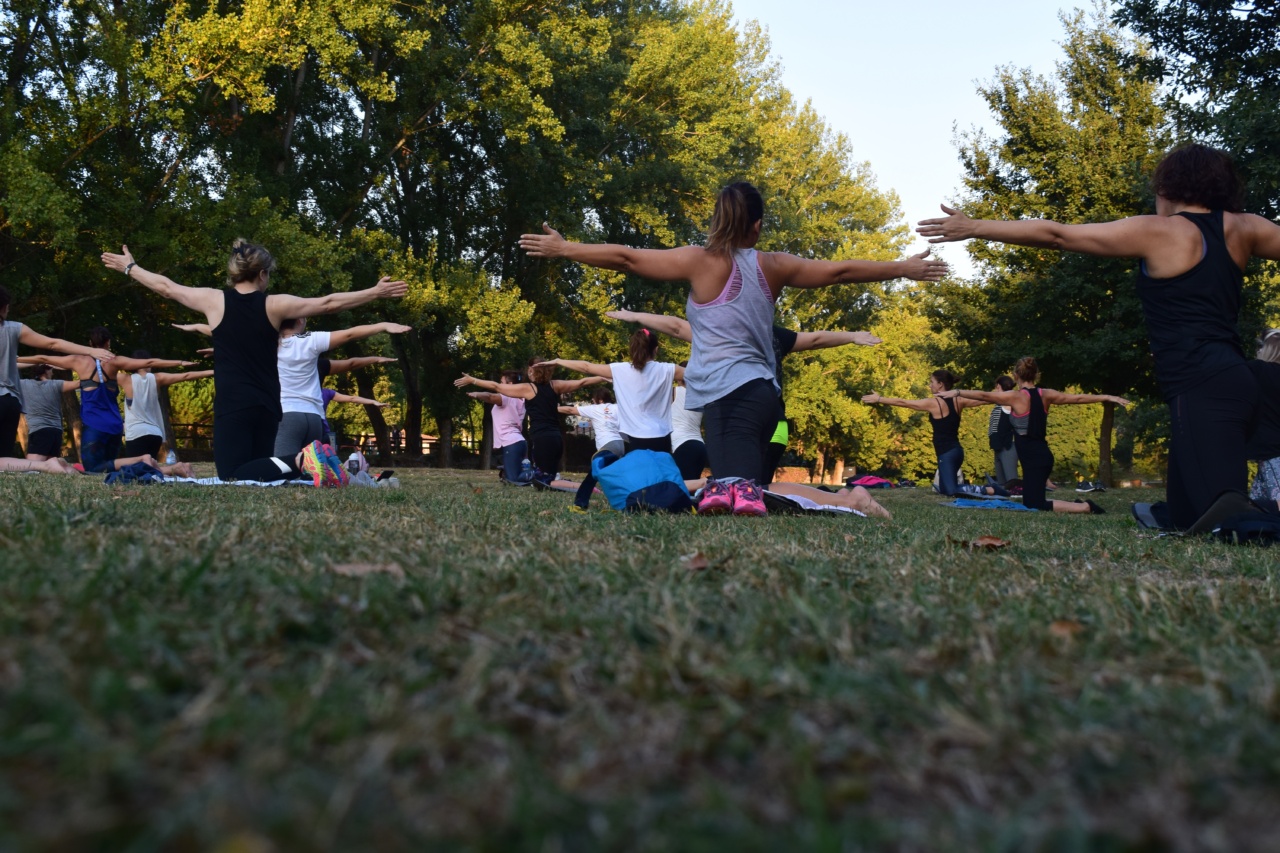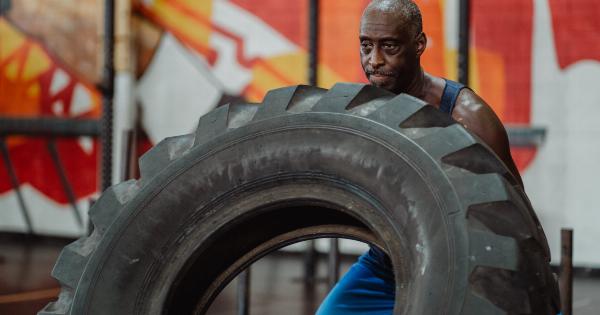Aging is a natural process that affects every individual. As we age, our bodies undergo various changes, including a decline in muscle mass and hormonal balance. However, maintaining both muscle mass and hormonal balance is crucial for successful aging.
In this article, we will explore the relationship between muscle mass and hormonal balance and discuss strategies to optimize both as we grow older.
The Importance of Muscle Mass in Aging
Muscle mass plays a vital role in maintaining strength, mobility, and overall physical health as we age. Unfortunately, age-related muscle loss, also known as sarcopenia, is a common occurrence in older adults.
Sarcopenia can lead to a decline in functional abilities, increased frailty, and a higher risk of falls and fractures.
Loss of muscle mass occurs mainly due to a decrease in protein synthesis and an increase in protein breakdown within the muscle tissue. Age-related hormonal changes also contribute to muscle loss.
However, with proper strategies, it is possible to slow down the process and maintain muscle mass as we age.
The Role of Hormones in Muscle Mass
Hormones play a crucial role in maintaining muscle mass and overall health. Testosterone, a hormone primarily associated with men, promotes muscle protein synthesis and inhibits protein breakdown, leading to muscle growth and maintenance.
In both men and women, testosterone levels decrease with age, which can contribute to muscle loss.
Similarly, growth hormone (GH) is another hormone that plays a significant role in muscle growth, repair, and maintenance. GH levels also decline with age, further affecting muscle mass.
Insulin-like growth factor 1 (IGF-1), stimulated by GH, supports muscle protein synthesis and is essential for muscle growth and repair.
Strategies to Maintain Muscle Mass
While age-related muscle loss is a challenging aspect of aging, there are several strategies to help maintain and even increase muscle mass as we grow older:.
1. Regular Resistance Training
Engaging in regular resistance training, such as weightlifting or bodyweight exercises, is essential to stimulate muscle growth. Resistance training promotes muscle protein synthesis, counteracts protein breakdown, and increases muscle strength.
It is recommended to incorporate resistance training at least two to three times per week.
2. Adequate Protein Intake
Consuming an adequate amount of high-quality protein is essential for muscle repair and growth. Protein provides the necessary amino acids for muscle protein synthesis.
Aim to include a source of lean protein, such as chicken, fish, tofu, or legumes, in each meal. The recommended protein intake for older adults is around 1-1.2 grams of protein per kilogram of body weight.
3. Hormonal Optimization
Consulting with a healthcare professional to assess hormone levels and discussing potential hormone replacement therapy (HRT) options can help optimize hormonal balance.
Hormone replacement therapy, if appropriate, can provide the benefits of increased testosterone or growth hormone levels, supporting muscle growth and reducing muscle loss.
4. Balanced Diet
A well-balanced diet is essential for overall health, including muscle maintenance. Ensure that your diet includes a variety of nutrient-dense foods, such as fruits, vegetables, whole grains, and healthy fats.
Adequate vitamin D and calcium intake are particularly important for optimal bone health and muscle function.
5. Stay Active
Regular physical activity, in addition to resistance training, helps maintain muscle mass and overall health. Engaging in activities like walking, swimming, or cycling can support muscle strength and mobility.
Aim for at least 150 minutes of moderate-intensity aerobic activity each week, along with muscle-strengthening activities.
6. Manage Stress
Chronic stress can negatively affect hormonal balance and lead to muscle breakdown. Implement stress management techniques such as meditation, yoga, or deep breathing exercises to reduce stress levels.
Prioritizing sleep and relaxation can also contribute to hormonal balance and overall well-being.
7. Avoid Excessive Alcohol Consumption
Excessive alcohol consumption can disrupt hormonal balance and contribute to muscle loss. Limit alcohol intake to moderate levels or avoid it altogether to maintain optimal health and muscle mass.
8. Get Sufficient Sleep
Sleep plays a crucial role in hormonal balance and muscle recovery. Aim for 7-9 hours of quality sleep each night to support muscle repair, growth, and overall well-being.
9. Hydrate Well
Proper hydration is essential for muscle function and overall health. Adequate water intake ensures optimal nutrient delivery to muscles and helps flush out waste products.
Aim to drink at least 8 cups of water per day, or more if you are physically active.
10. Listen to Your Body
Lastly, paying attention to your body and adjusting your lifestyle accordingly is crucial for successful aging.
If you experience any muscle weakness, fatigue, or other concerning symptoms, consult with a healthcare professional to identify potential underlying issues and develop a personalized plan.
In conclusion, maintaining muscle mass and hormonal balance is key to successful aging.
By incorporating regular resistance training, consuming adequate protein, optimizing hormones if necessary, following a balanced diet, staying active, managing stress, avoiding excessive alcohol consumption, getting sufficient sleep, staying hydrated, and listening to your body, you can support muscle growth, reduce muscle loss, and promote overall well-being as you age.



























